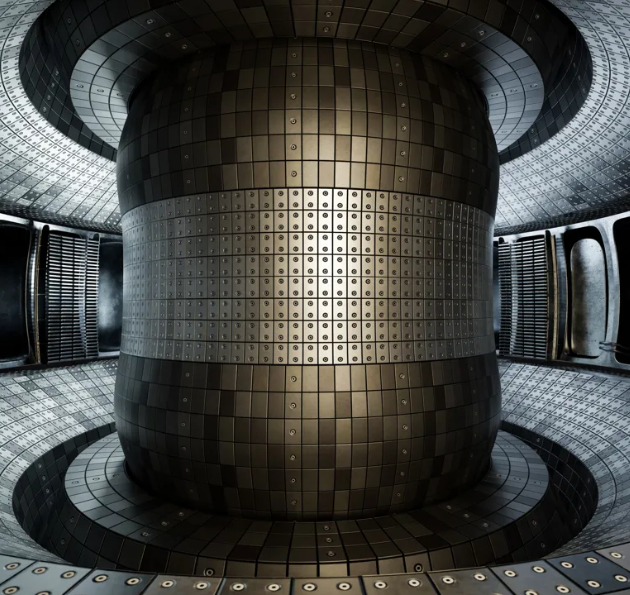NCC highlights the importance of ceramic matrix composites for British defence
- JEC
- 2025-10-10
The National Composite Centre (NCC), a wholly owned subsidiary of the University of Bristol, is calling for national awareness. According to the organisation, the future of British defence will depend on sovereign access to ceramic matrix composites (CMCs).

Strategic materials essential for aerospace and hypersonic systems. This is how the National Composite Centre (NCC) defines ceramic matrix composites (CMCs). The organisation stresses the urgency of developing national production capacity to secure the supply chain and strengthen the UK’s technological sovereignty.
According to the NCC, CMCs now occupy a central place in advanced defence technologies because they offer thermal and mechanical performance far superior to that of metal alloys or monolithic ceramics.
At hypersonic speeds, exceeding Mach 5, components are exposed to temperatures exceeding 1,500°C. Traditional ablative heat shields quickly reach their limits, while conventional ceramics often fail due to their fragility. CMCs, on the other hand, combine thermal stability, strength and durability, making them indispensable for the design of next-generation propulsion and thermal protection systems.
However, the market for these materials remains dominated by foreign suppliers subject to strict regulations. “That dependency creates a clear vulnerability in the UK defence supply chain – and a real limit on our ability to innovate and deploy independently“, warns the NCC.
The foundations of sovereign capability
To meet this strategic challenge, the NCC has invested in high-temperature processing equipment capable of producing large-scale, non-oxidised CMC components that can operate at temperatures of up to nearly 3,000°C.
Previously, in 2023, the organisation contributed to the HASTE-F project, developed in partnership with the UK Atomic Energy Authority (UKAEA), which aimed to perfect the manufacture of silicon carbide (SiC/SiC) composites, materials that are damage-tolerant, radiation-resistant and capable of operating at 1,600°C. Already considered suitable for fusion reactors, these composites could also transform the propulsion and protection of military systems. “Silicon carbide composites have the potential to enhance fusion by enabling reactors to operate at higher temperatures for improved thermal efficiency, greatly increasing the commercial viability of fusion energy production“, says James Wade-Zhu, senior materials engineer at UKAEA.
For defence, these advances mean accelerated access to critical materials, manufactured on British soil and incorporating national intellectual property.
Photo: NCC

 English
English
 Chinese
Chinese
